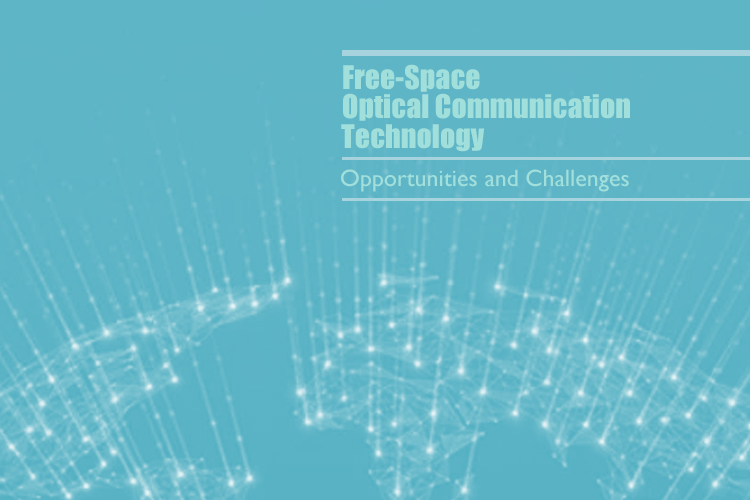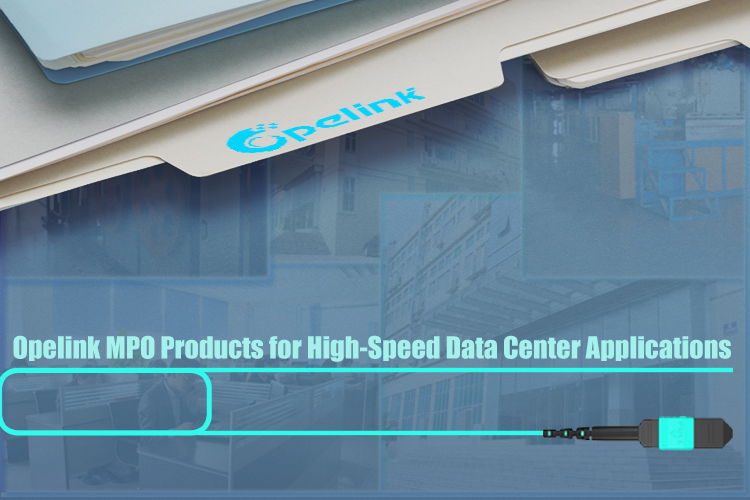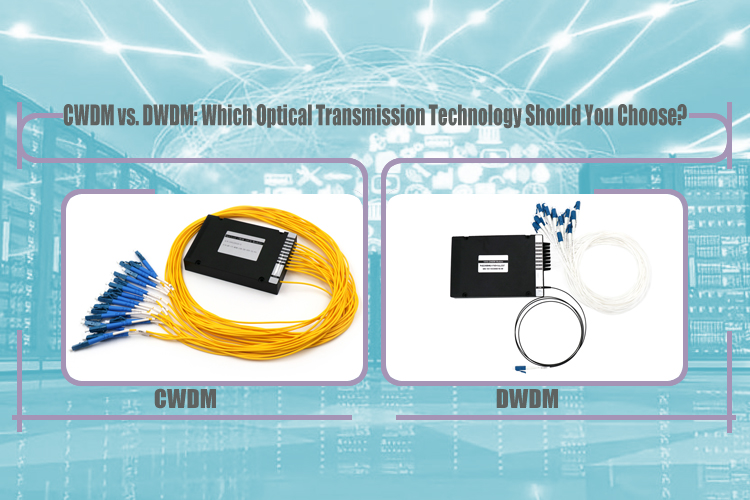Unleashing the Power of Blockchain: Transforming Socio-Economic Activities
Introduction
In today's digital age, the revolutionary technology known as blockchain is reshaping various industries, transcending traditional boundaries and offering unprecedented opportunities. One area where blockchain's impact is particularly profound is on socio-economic activities. By providing a decentralized, transparent, and secure platform for transactions, blockchain is revolutionizing the way we conduct business, govern societies, and interact with each other. In this article, we delve into the transformative power of blockchain and explore how it is revolutionizing socio-economic activities.

The Blockchain Revolution Unveiled
Blockchain technology, originally introduced as the backbone of cryptocurrencies like Bitcoin, has transcended its initial purpose and evolved into a powerful tool for innovation. At its core, blockchain is a distributed ledger that records and verifies transactions across multiple computers, ensuring transparency, security, and immutability. Unlike traditional centralized systems, blockchain eliminates the need for intermediaries, allowing for peer-to-peer transactions and reducing costs significantly.
Transforming Financial Transactions
One of the most significant impacts of blockchain on socio-economic activities can be witnessed in the financial sector. Blockchain enables faster, more secure, and cost-effective transactions, removing the reliance on traditional banking systems. Smart contracts, a feature of blockchain, allow for automated, self-executing agreements, reducing the need for intermediaries and increasing efficiency. This technology has the potential to revolutionize remittances, global trade, and cross-border payments, providing financial inclusion to the unbanked population and reducing transaction costs.
Empowering Supply Chain Transparency
Blockchain's decentralized nature and transparent record-keeping make it an ideal solution for enhancing supply chain management. By enabling the tracking and verification of every step in the supply chain, blockchain fosters transparency, accountability, and trust. From food safety and counterfeit prevention to ethical sourcing and fair trade, blockchain ensures that consumers have access to reliable information about the products they purchase, empowering them to make informed choices and hold companies accountable.
Revolutionizing Governance and Public Services
Blockchain's potential extends beyond the financial realm, as it holds the promise of transforming governance and public services. By incorporating blockchain technology into voting systems, governments can enhance transparency, reduce fraud, and increase resident participation. Moreover, blockchain-based identity systems can provide secure and immutable digital identities, enabling access to essential services for marginalized populations and refugees, while protecting their privacy.
Challenges and Ethical Considerations
While blockchain presents immense potential, it also comes with its fair share of challenges and ethical considerations. Scalability remains a significant hurdle, as blockchain networks struggle to handle a high volume of transactions. Additionally, issues such as energy consumption and environmental impact need to be addressed to ensure the sustainable deployment of blockchain technology. Furthermore, the potential for privacy breaches and the need for regulatory frameworks that balance innovation and consumer protection require careful consideration.
Conclusion
The impact of blockchain on socio-economic activities is undeniable. From revolutionizing financial transactions to empowering supply chain transparency and transforming governance, blockchain is reshaping the way we interact, conduct business, and govern societies. While challenges and ethical considerations persist, the potential for blockchain to create a more inclusive, transparent, and efficient socio-economic landscape is immense. As we embrace this technology, it is crucial to navigate these opportunities and challenges with a balanced perspective, ensuring that the transformative power of blockchain is harnessed for the betterment of society.
Recommended Reading:Unleashing the Transformative Power of Blockchain Technology

 The Future of Fiber Optic Communication Network Architecture: Evolution and the Role of SDON Technology
The Future of Fiber Optic Communication Network Architecture: Evolution and the Role of SDON Technology
 What opportunities and challenges does free-space optical communication technology face?
What opportunities and challenges does free-space optical communication technology face?
 Opelink MPO Products for High-Speed Data Center Applications
Opelink MPO Products for High-Speed Data Center Applications
 CWDM vs. DWDM: Which Optical Transmission Technology Should You Choose?
CWDM vs. DWDM: Which Optical Transmission Technology Should You Choose?